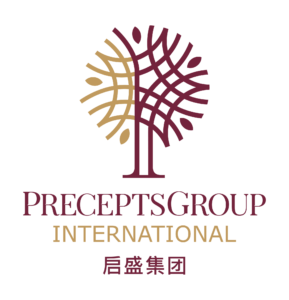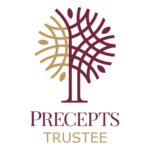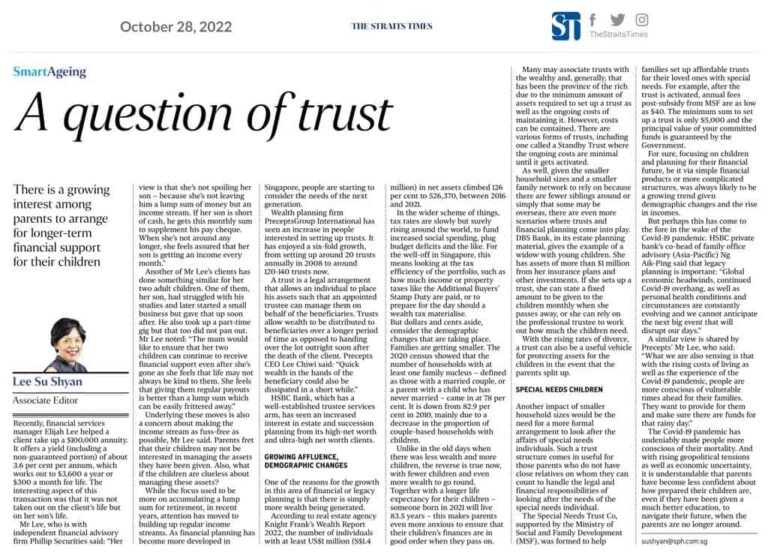
By Mr Lee Chiwi
Excerpt from PreceptsGroup Succession and Trusts in Wealth Management (4th edition) Book
The use of the trust has its merits but there appear to be some limitations where it concerns the person of the trustees. How can this be improved? This is where we now introduce the concept of a PTC (private trust company). This is a structure that has now surfaced in Singapore over the last few years. It is essentially premised also as a trust but where the PTC is a special purpose vehicle (a company) incorporated by the founder to act as the trustee of the family trust to hold ownership of the family companies. When it comes to family companies, the PTC offers aspects that may be absent in the traditional trust and address those shortcomings that were identified earlier.
Whereas the traditional trust form requires the settlor to give up ownership over certain assets to someone else, in the PTC, the settlor might be more comfortable in shifting his assets into a special purpose vehicle where it is his family members that are seen as “owners” or the legal shareholders. The founder, being used to the concept of a holding company, sometimes sees the PTC as something quite similar except that the PTC is also the family trustee. The PTC offers a structure where the founder could make the transfer and consolidate the ownership of his diversified family businesses, investments and real estate into one vehicle.
In reality, the shareholders are not the persons who gain anything out of the trust assets since it is the class of beneficiaries who are entitled to the distributions of the trust. The shareholders can be the same people as the beneficiaries, but may not be so.
A comparison table comparing between the Traditional Trust and the PTC is set out below:
| Aspect | Traditional Trust | Private Trust Company |
| Entity Form | Not an entity | An incorporated company |
| Trust Management, Administration and Control | Trustees | The PTC through its appointed Directors |
| Type of Trust | Discretionary Trusts as the modern approach | Discretionary or Fixed Trust elements for family branches |
| Restrictions on type of Trust | None | Confined to specific family trusts, where settlor and beneficiaries are connected persons |
| Governance | Trust Deed & the Trust Law |
|
| Protectors | Common to have protectors as watchdog of the trust | Unnecessary as there is a family council which supervises the board of the PTC |
| Taxation | Taxed as though corporate entity | Needs looking into the tax aspects concerning the trust cum corporate structure |
| Ownership of Trust Assets | Trustees | PTC itself |
| Parties involved in trust | Settlor & Trustees enter into Trust Settlement | Settlor & PTC enter into Trust Settlement |
| Distribution of Trust assets income and capital | Beneficiaries can be non- related persons | Beneficiaries must be connected persons to the settlor/s |
| Shareholders | None | PTC may have shareholders but they do not benefit from trust in anyway unless they are also beneficiaries. There may be no shareholders if the PTC is structured as a company limited by guarantee |
| Administration Aspects | Trustee responsible, audits are optional | Other than directors & shareholders, the company secretary, registered office. Usual appointment of auditors to carry out audit |
Conceptually the Singapore PTC is similar to PTCs allowed in some offshore jurisdictions to give broader breadth and scope to the trust industry in Singapore.














